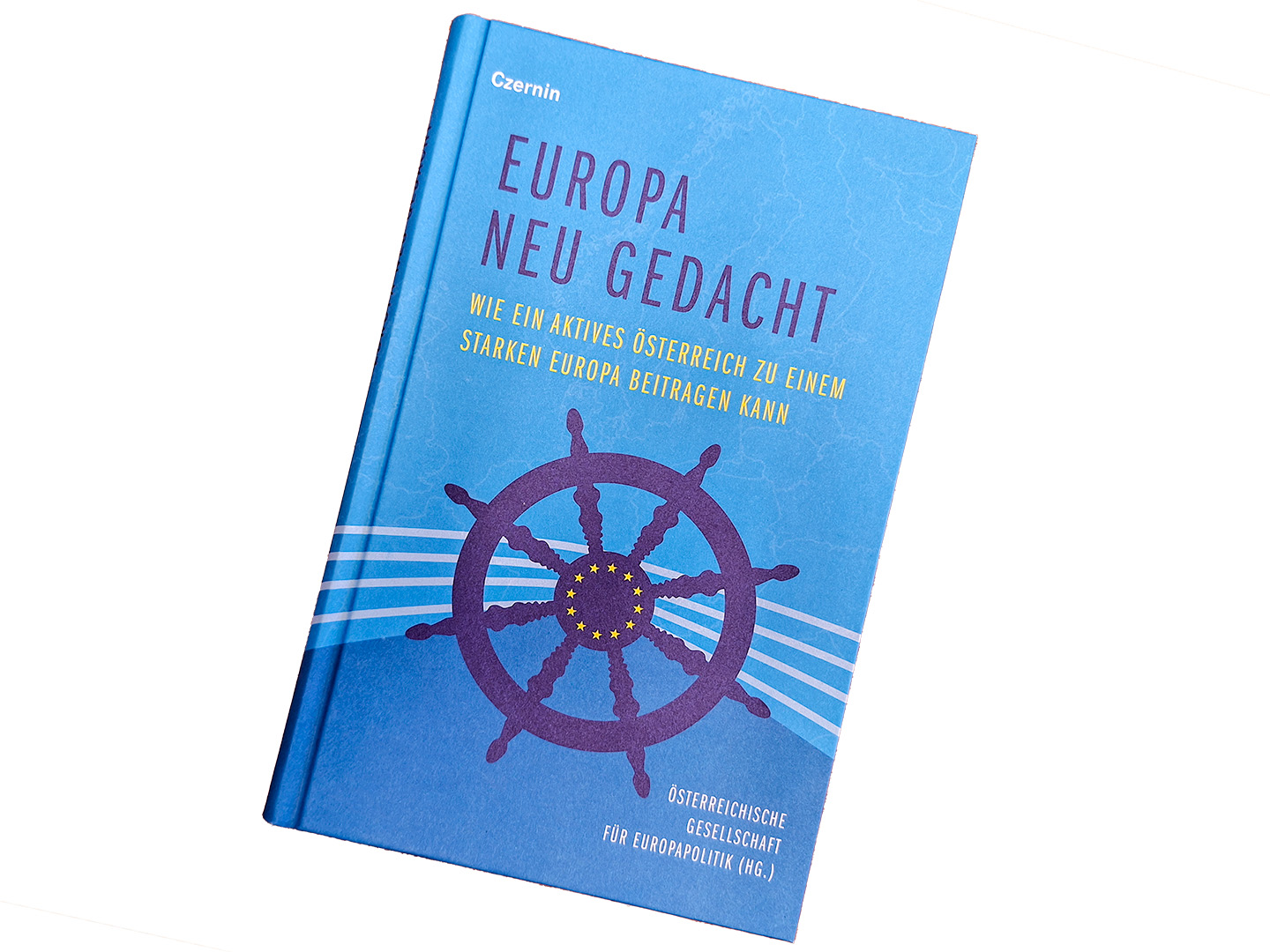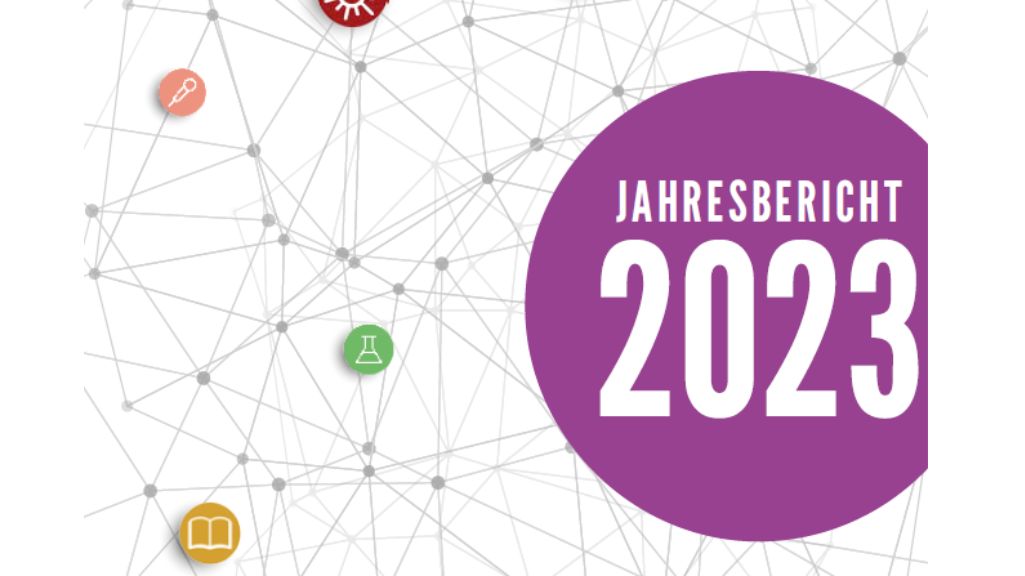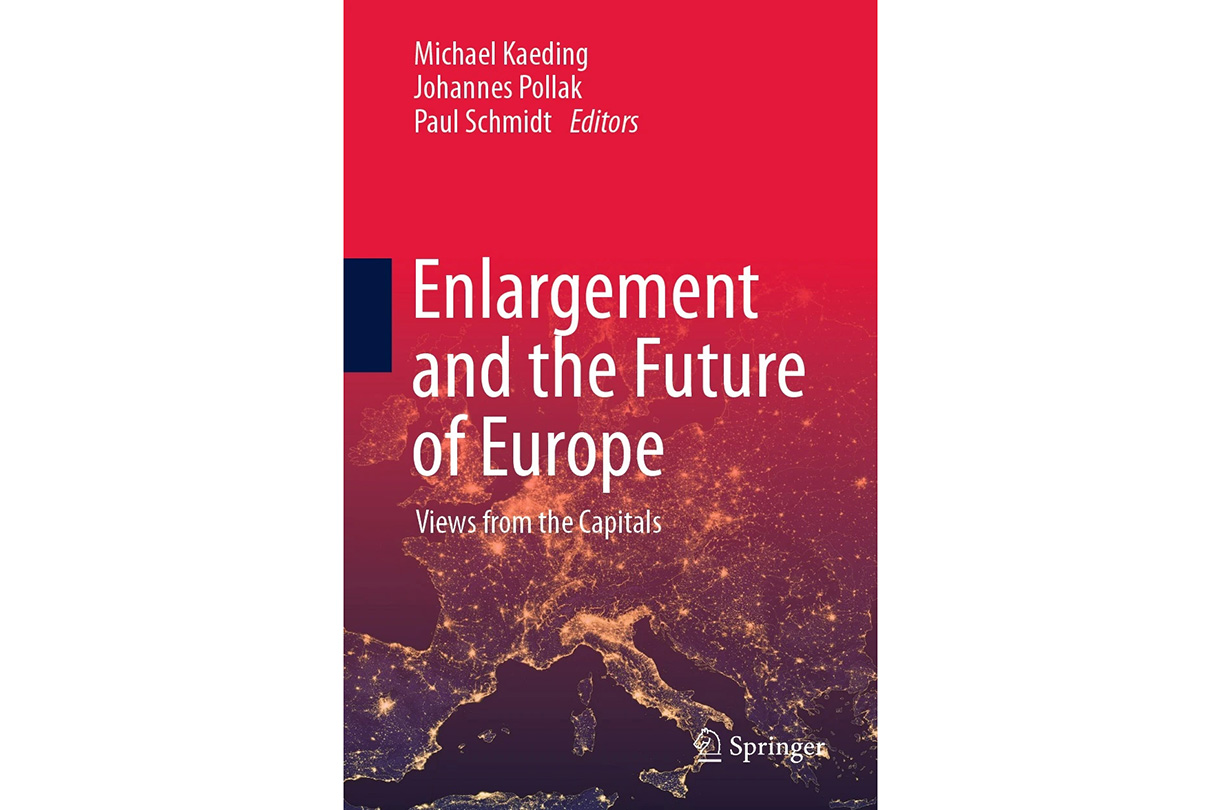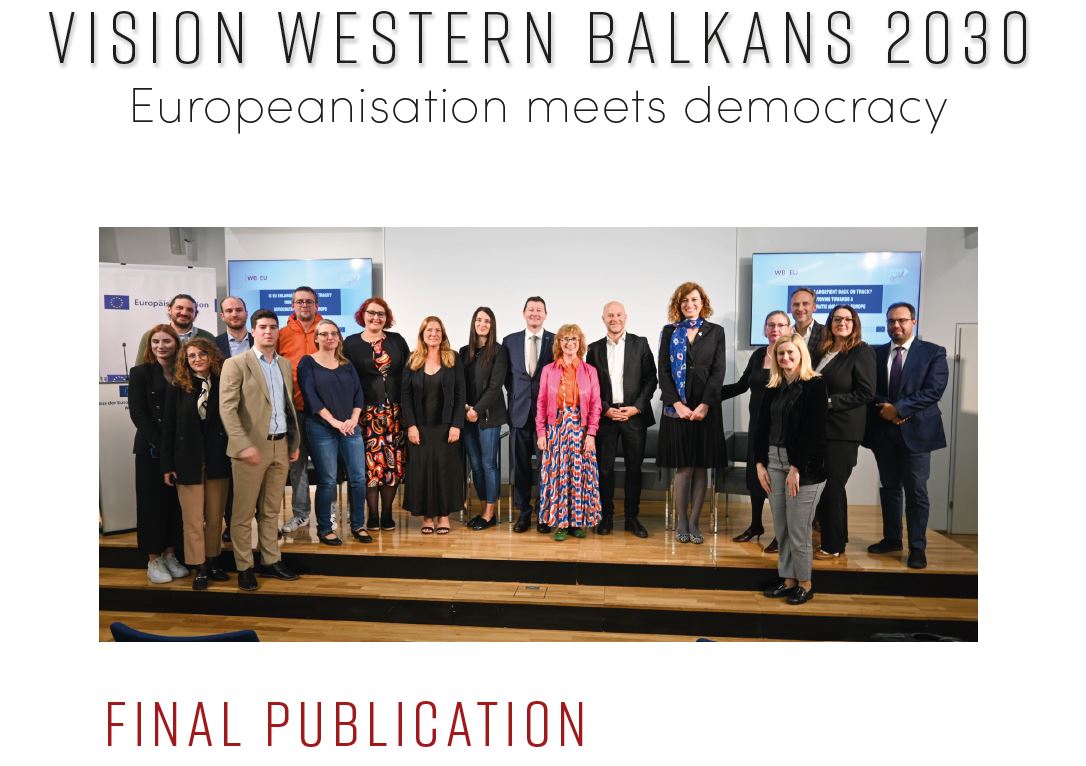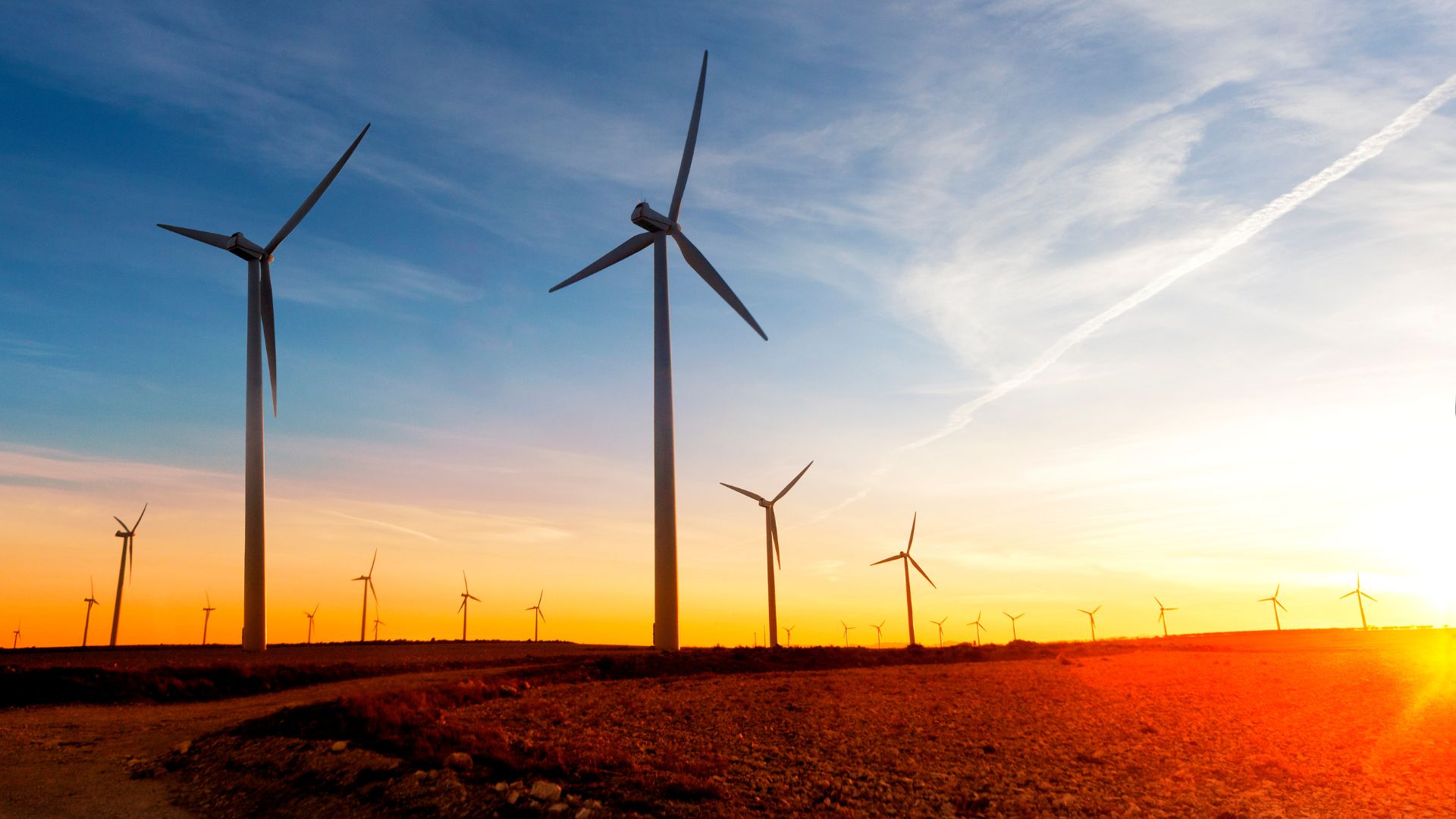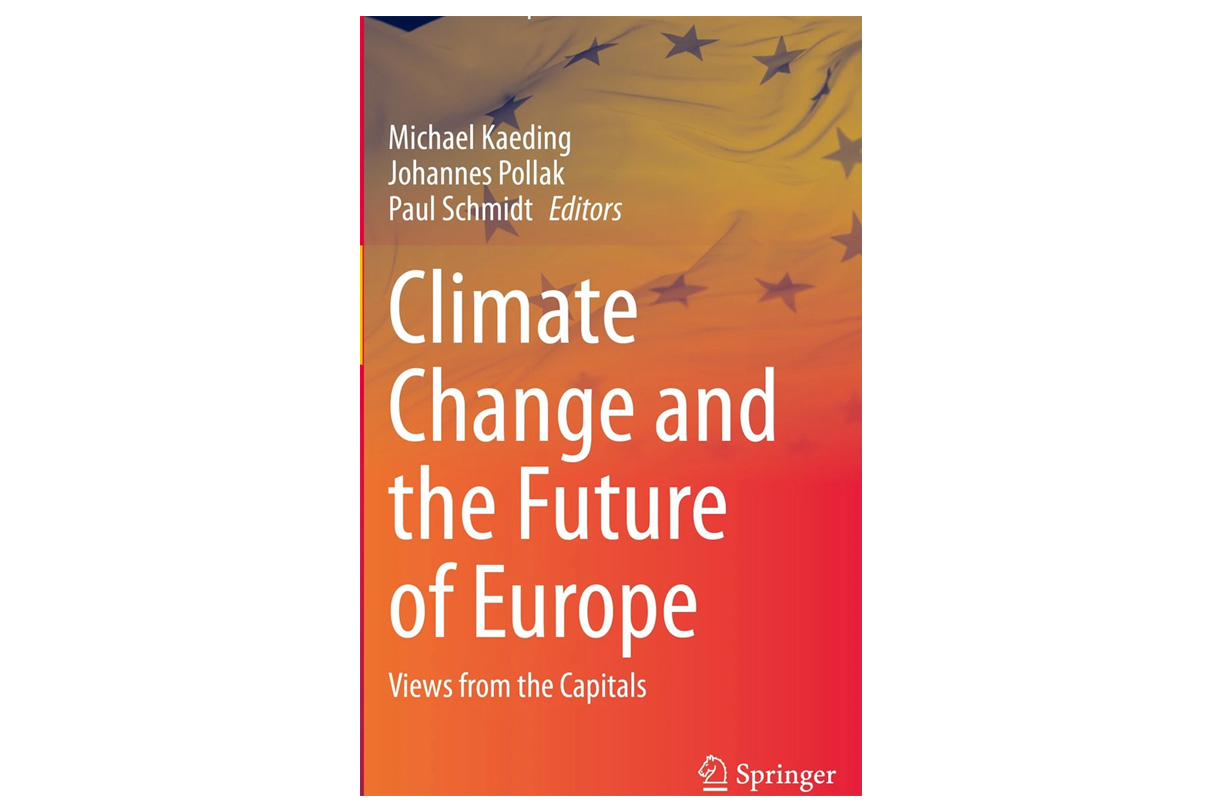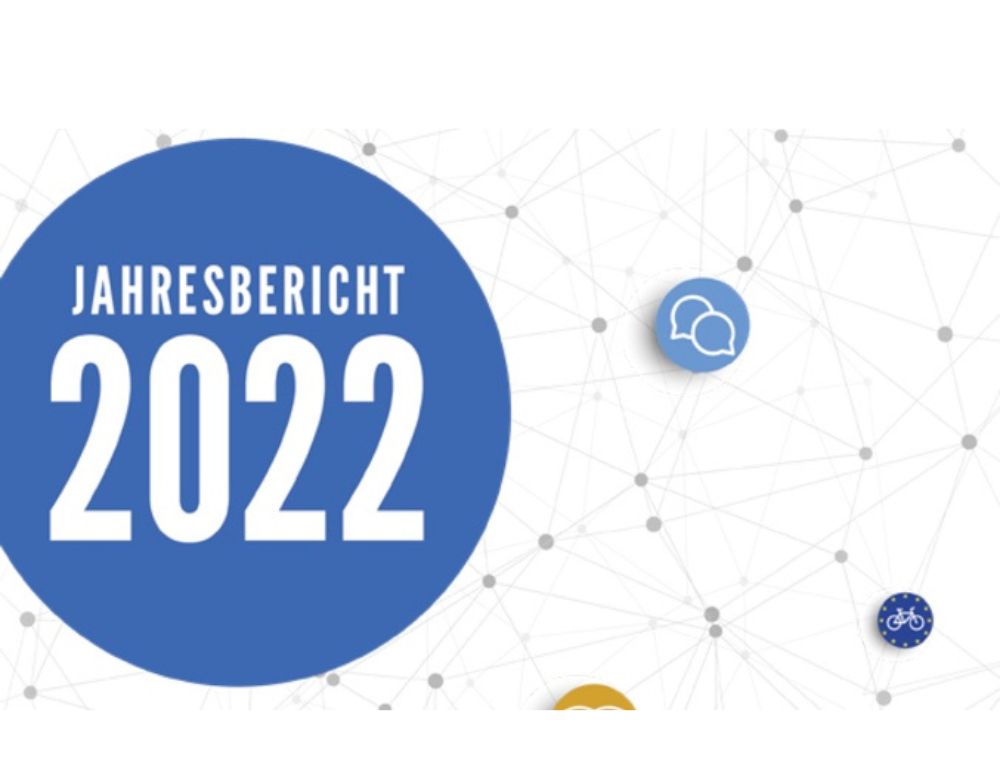Publikationen
|
Jun 6, 2024
Europa neu gedacht – Diskussion und Buchpräsentation
Drei Tage vor der Europawahl lädt die Österreichische Gesellschaft für Europapolitik in Kooperation mit dem Bruno Kreisky Forum für Internationalen Dialog am 6. Juni 2024 zur Veranstaltung „Europa neu gedacht“ ein.





